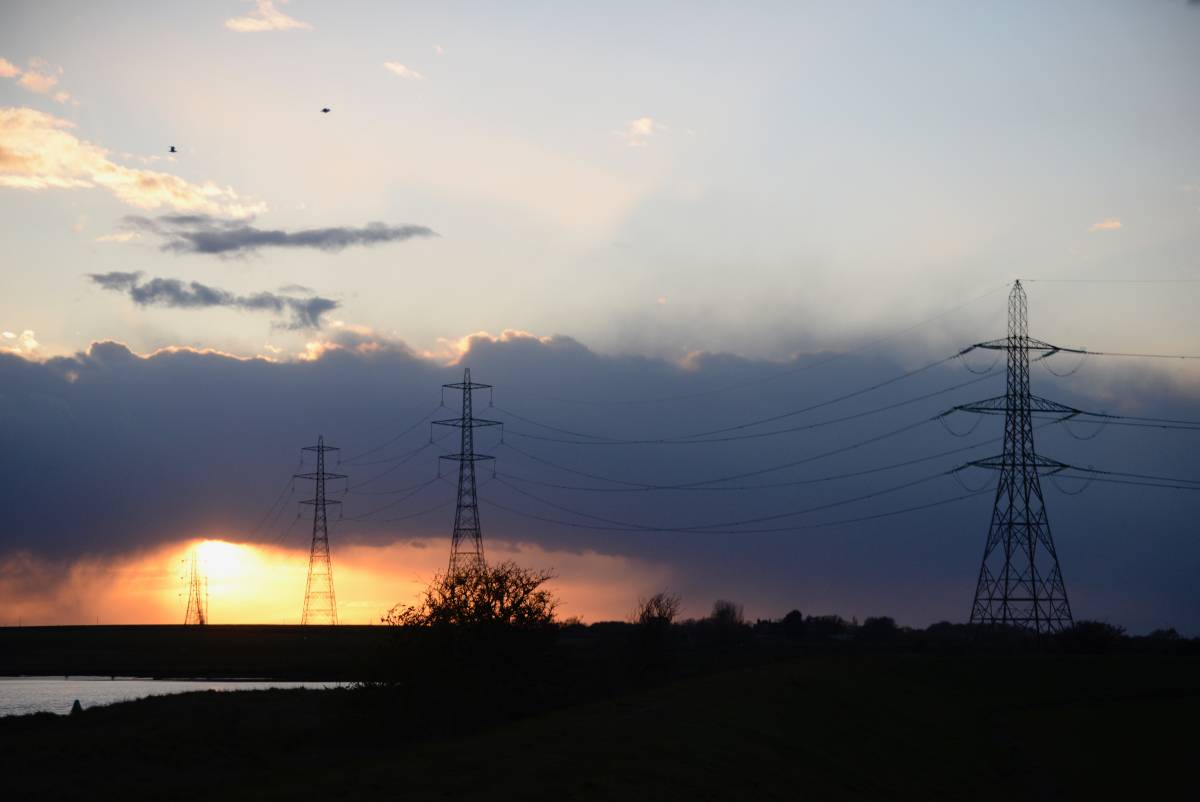Health workers can help climate and nature crisis to be seen as an 'indivisible health emergency'
As health professionals, physiotherapists must act as ‘powerful advocates’ for restoring biodiversity and tackling climate change, according to an editorial published today (26 October) in The BMJ and more than 200 other health journals.
Health workers can play their part alongside political leaders by recognising that ‘this crisis … is a global health emergency’, Kamran Abbasi, The BMJ’s editor in chief states.
‘The climate crisis and loss of biodiversity both damage human health, and they are interlinked. That’s why we must consider them together and declare a global health emergency. It makes no sense for climate and nature scientists and politicians to consider the health and nature crises in separate silos.’
Dr Abbasi adds: ‘Health professionals are highly trusted by the public, and they have a central role to play in articulating this important message and advocating for politicians to recognise and take urgent action to address the global health emergency. Over 200 health journals are today sending an unequivocal message.’
World Health Organization 'must act'
The authors warn that it is a ‘dangerous mistake’ to respond to the climate crisis and the nature crisis as if they were separate challenges and urge the World Health Organization (WHO) to declare this indivisible crisis as a global health emergency.
The poorest and most vulnerable communities often bear the highest burden, they write. Rising temperatures, extreme weather events, air pollution, and the spread of infectious diseases are some of the major health threats exacerbated by climate change.
Health professionals are highly trusted ... and have a central role to play [calling for] urgent action to address the global health emergency [Kamran Abbasi, The BMJ]
Communities are healthier if they have access to high-quality green spaces that help filter air pollution, reduce air and ground temperatures, and provide opportunities for physical activity. Connecting with nature also reduces stress, loneliness and depression while promoting social interaction – benefits that are threatened by the continuing rise in urbanisation.
Pollution is damaging water quality, triggering a rise in water-borne diseases, while ocean acidification has reduced the quality and quantity of seafood that billions of people need for food and to sustain livelihoods.
Biodiversity loss also undermines good nutrition and constrains the discovery of new medicines derived from nature, while changes in land use have forced tens of thousands of species into closer contact, increasing the exchange of pathogens and the emergence of new diseases and pandemics, the editorial adds.
The journal editors have supported a petition calling for WHO to declare a global public health emergency at the World Health Assembly in May 2024, which has been launched to coincide with publication of the editorial.
The editorial is published in leading titles from around the world, including The BMJ, The Lancet, JAMA, the Medical Journal of Australia, the East African Medical Journal, the National Medical Journal of India and Dubai Medical Journal.
It was coordinated by the UK Health Alliance on Climate Change, a coalition of leading UK health bodies that advocates on behalf of health professionals for responses to climate change which simultaneously protect and promote public health.
To read the full version of the editorial – titled Time to treat the climate and nature crisis as one indivisible global health emergency doi: 10.1136/bmj.p2355 – click
Author: Ian A McMillan














